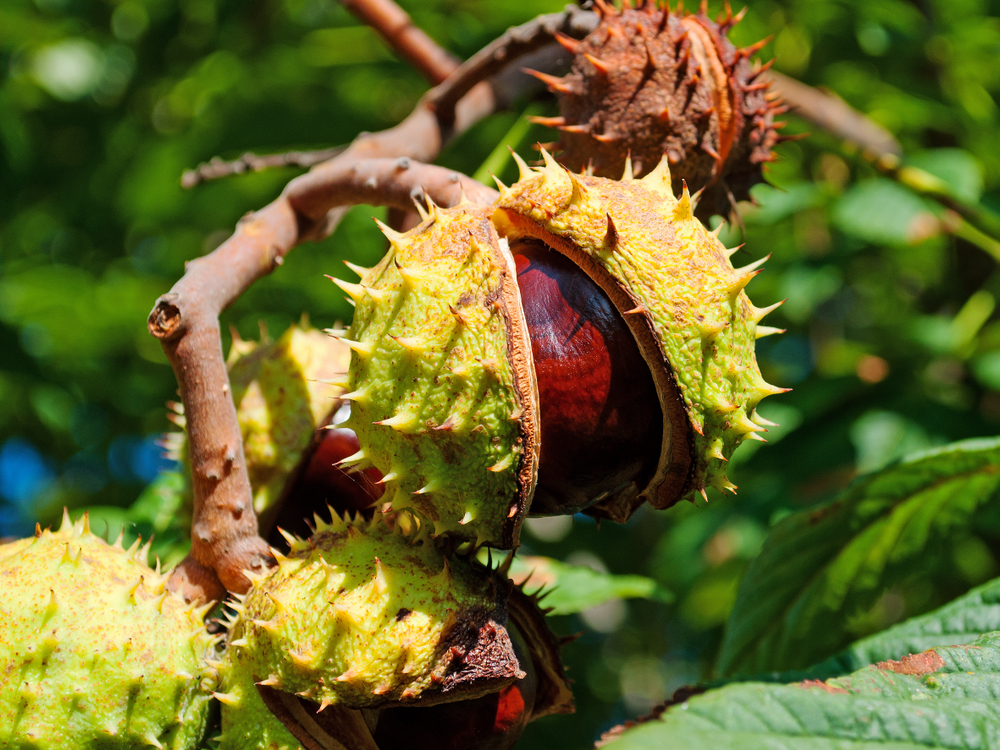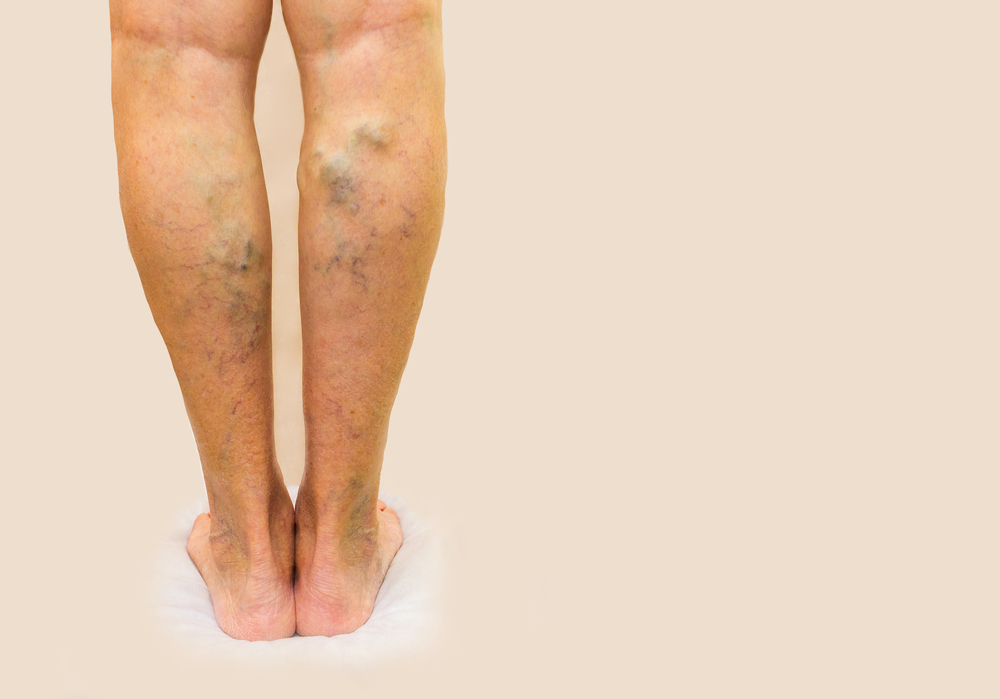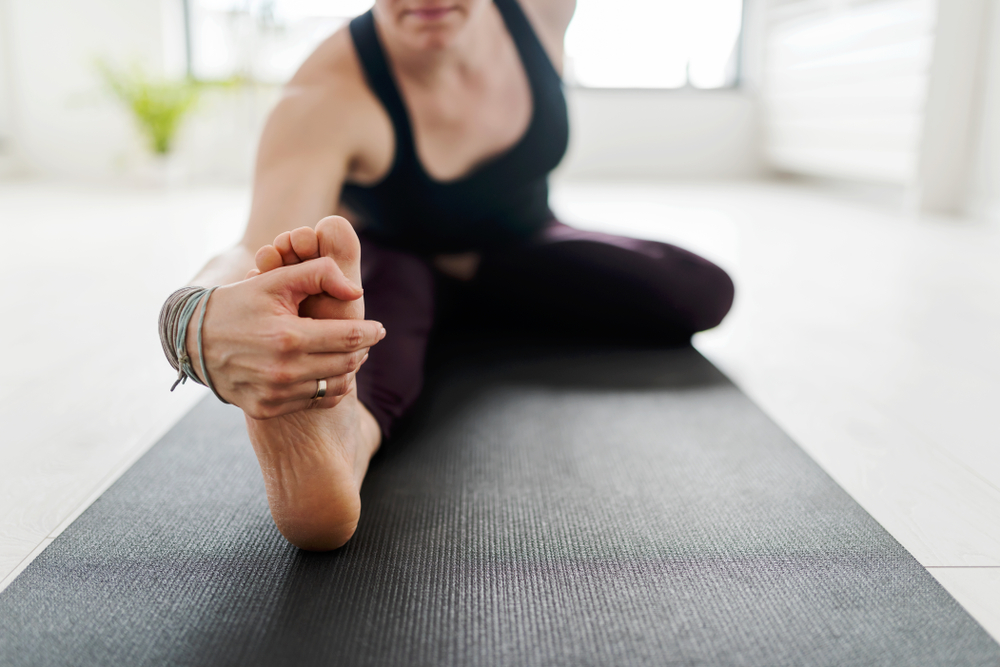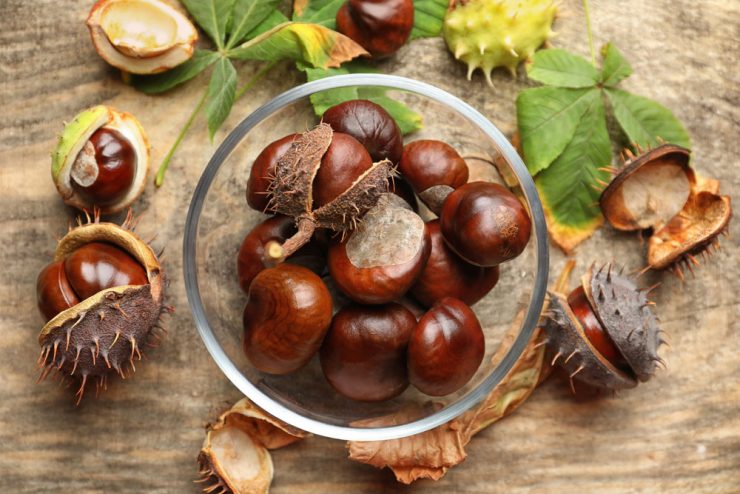Varicose veins and swollen legs become more common as we get older and can put a serious damper on everyday activities
Editor Jane Garton discovers how extracts of horse chestnut may help to solve the problem.
Types of Chestnut

Chestnut trees and shrubs belong to the same family as oak and beech trees. Often known as Spanish Chestnut or Conker Trees, they are native to areas of south-eastern Europe, but are now cultivated in temperate climates such as the UK. While 15 recognized species exist, the European horse chestnut is the one most often used in supplements and herbal medicine.
Uses in natural medicine

In the past chestnut extracts were used to treat problems such as bladder and digestive issues, leg cramps, joint pain, and fever. These days they are more often given to treat poor circulation which can lead to leg swelling, a condition known as chronic venous insufficiency (CVI). Symptoms include varicose veins, pain, tiredness, swelling in the legs, itching and water retention.
Research
A 2012 systematic review of 17 studies[i] suggested that horse chestnut seed extract may help improve symptoms of CVI. Results from one of these studies suggesting that horse chestnut seed extract may be as effective as wearing compression stockings. Although the researchers note more rigorous, large-scale randomized controlled trials are needed to confirm the efficacy of this treatment, it is an option to try if you are suffering with CVI.
4 ways to soothe the pain of varicose veins

- Elevate your legs above your heart while resting
- Exercise and stretch your legs throughout the day to help boost circulation
- Avoid sitting and standing for long periods. Aim to move around every 30 minutes or as often as you can
- Invest in a pair of compression stockings but check first with your GP or nurse before wearing.
Other Watchpoints
Standardized horse chestnut seed extract products are considered safe for most people to take in the short-term. However, make sure you only go for products that have had esculin, a toxic substance, removed. The effects of horse chestnut extracts on pregnant or breastfeeding women are also not known so if you fall into either of these categories avoid taking them.
Always check with your GP if you’re thinking about taking horse chestnut to treat CVI or another chronic health condition.
[i] pubmed.ncbi.nlm.nih.gov/8569363/
























Add comment